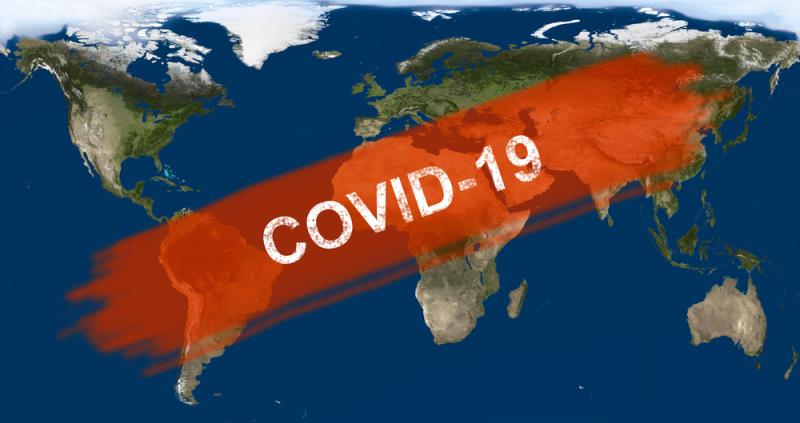
The American Society of Clinical Oncology (ASCO) is collecting and answering questions on caring for cancer patients in the context of the coronavirus disease 2019 (COVID-19) pandemic. The first set of frequently asked questions (FAQs), published recently, sheds light on the risk of COVID-19 and its complications in cancer patients, and addresses issues pertinent to the care of cancer patients and decisions on treatment.
As of 13 March, only one published study provided a detailed analysis on the course of COVID-19 illness among patients with vs patients without cancer. In this analysis (n=1,571), Chinese researchers found that patients with a history of cancer (n=18) had a higher incidence of severe events (a composite endpoint defined as the percentage of patients admitted to the intensive care unit requiring invasive ventilation, or death) vs patients without cancer (seven [39 percent] of 18 patients vs 124 [8 percent] of 1,572 patients; p=0.0003). [Lancet Oncol 2020, doi: 10.1016/S1470-2045(20)30096-6]
However, the study did not establish a definitive increase in COVID-19 incidence among cancer patients. The small number of and the heterogeneity among them suggest that this group is not an ideal representation of the entire population of cancer patients. [Lancet Oncol 2020, doi: 10.1016/S1470-2045(20)30150-9]
While ASCO encourages oncologists to follow recommendations of the US Centers for Disease Control and Prevention (CDC) and the Infectious Disease Society of America (IDSA) in terms of general care and COVID-19 testing for cancer patients, there is currently no evidence on the use of prophylactic antiviral therapy for COVID-19 in immune-suppressed patients. Elective surgeries at inpatient facilities are suggested to be rescheduled, if possible.
The balance of potential harms from delaying or interrupting chemotherapy or immunotherapy vs the potential benefits of possibly preventing or delaying COVID-19 is largely uncertain due to the lack of evidence. As such, oncologists are advised not to routinely delay or interrupt critical anticancer or immunosuppressive therapy in their patients.
While clinical decisions on chemotherapy or immunotherapy should be individualized based on a balance of benefits and risks, practice points to be considered include:
· Patients in deep remission who are on maintenance therapy may have the option of stopping chemotherapy.
· Some patients may be able to switch from intravenous to oral chemotherapy to reduce the frequency of clinic visits. However, increased vigilance by the healthcare team will be required to ensure compliance.
· Decisions on modifying or withholding chemotherapy should include consideration of the indication for chemotherapy and the goals of care, as well as the patients’ clinical condition and tolerance of treatment.
· For cancer centres affected by local COVID-19 transmission, reasonable options include providing a 2-week chemotherapy break, infusion at an unaffected satellite unit, or treatment at another unaffected facility.
· Home infusion of chemotherapy may be considered, if medically and logistically feasible for patients, the medical team and caregivers.
· Prophylactic growth factors and prophylactic antibiotics may be of potential value in maintaining the overall health of patients and making them less vulnerable to potential COVID-19 complications.
· When the absolute benefit of adjuvant chemotherapy is small and non-immunosuppressive options are available, the risk of COVID-19 may be considered as an additional factor in weighing the options available to patients.
Delaying planned allogeneic stem cell transplantation may be reasonable in some cases involving patients at high risk of COVID-19, particularly if the malignancy is controlled with conventional treatment. While recommendations of the American Society of Transplantation and Cellular Therapy (ASTCT) and the European Society for Blood and Marrow Transplantation (EBMT) are to be followed, the ASCO experts noted that it may be prudent to test potential donors for COVID-19 even in the absence of transmission by blood transfusion.